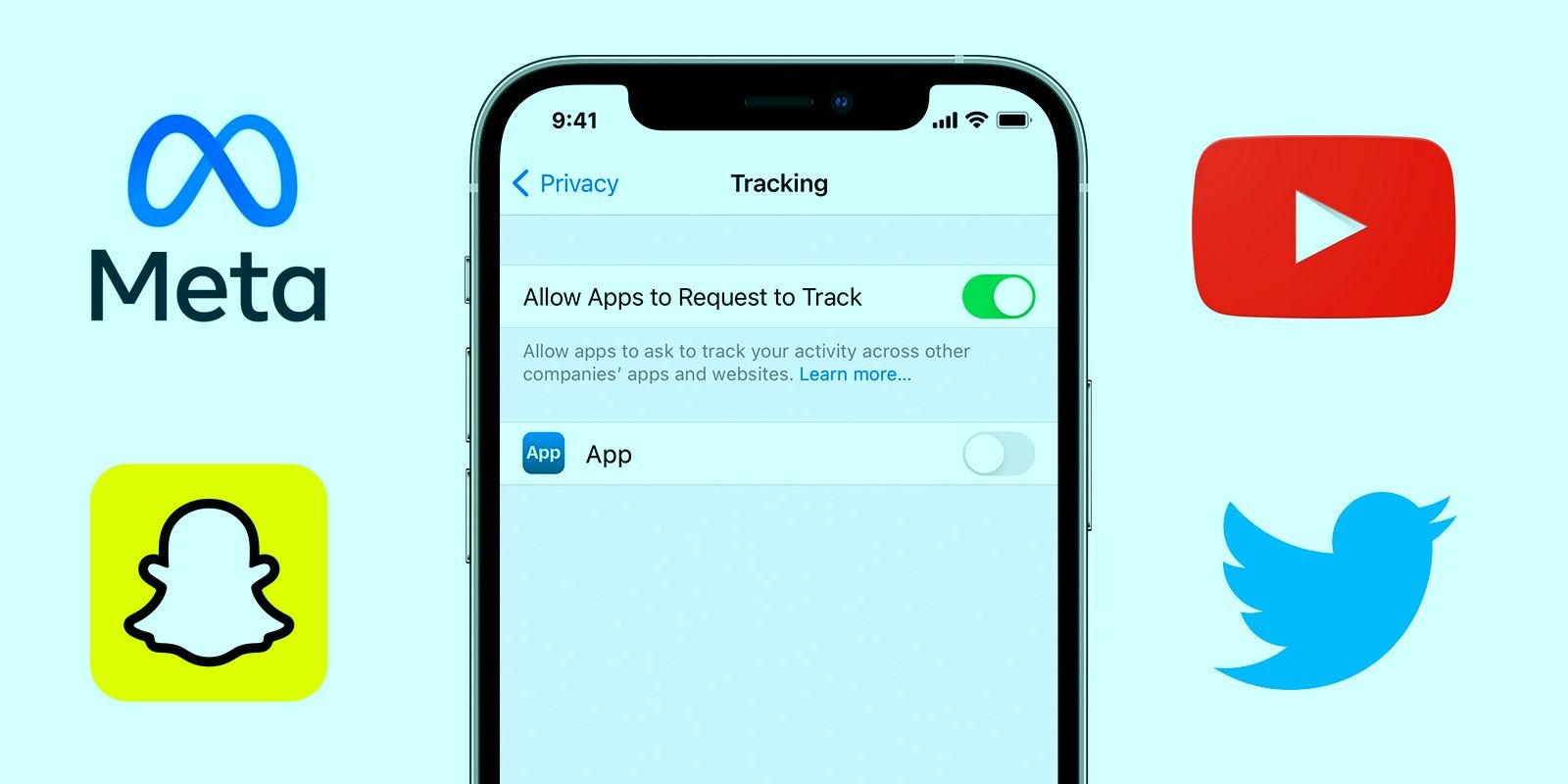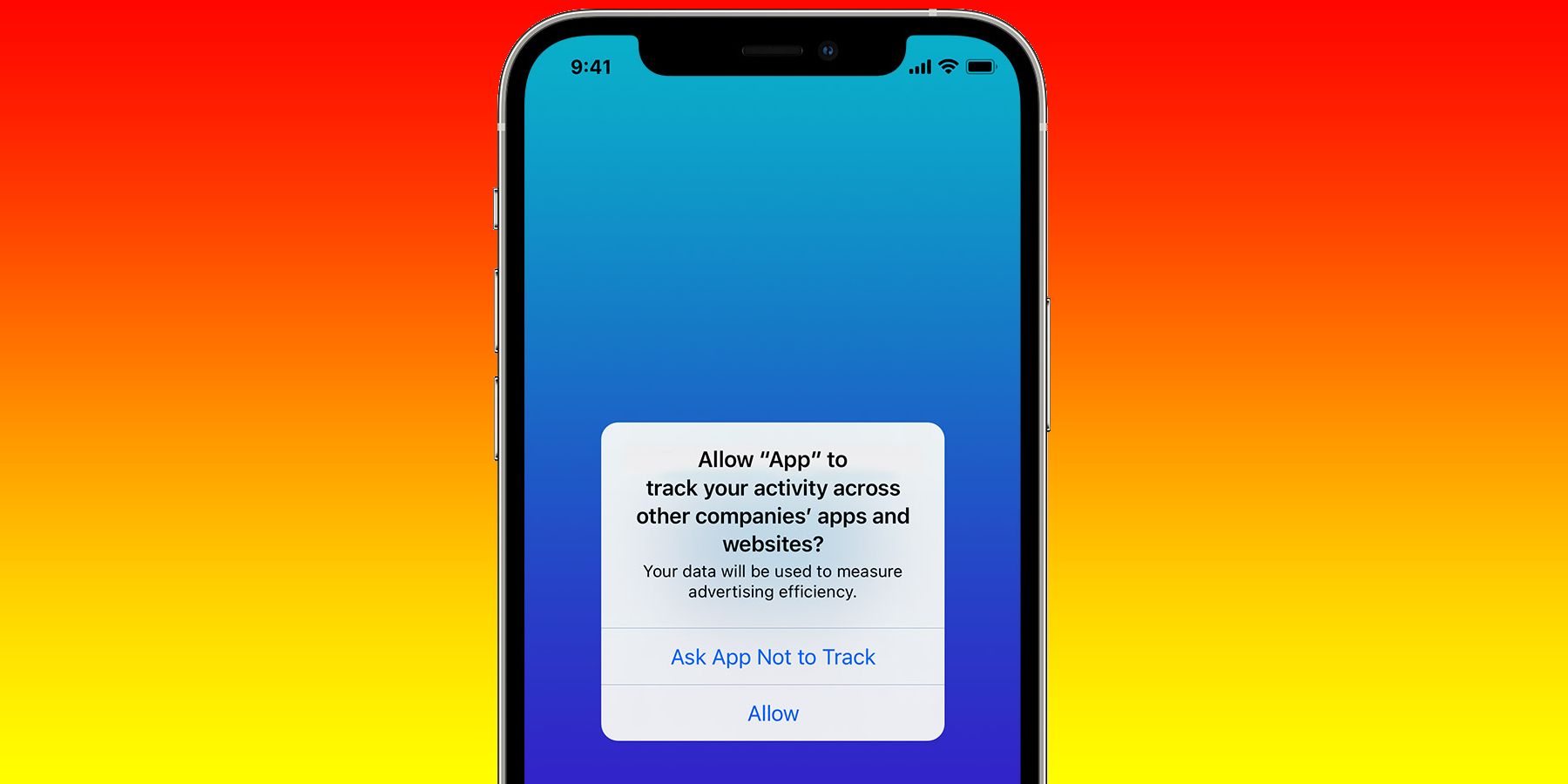Industry experts warned that the introduction of Apple’s anti-tracking system called App Tracking Transparency would make a major splash, and a new study suggests that it indeed happened, with an ad-tech company estimating the revenue loss for social media giants to be around $9.85 billion. App Tracking Transparency was rolled out with iOS 14.5, and it forces an app to ask for users’ permission before tracking their activity across other apps and websites.
When the feature is enabled, users can choose between “Allow” and “Ask App Not to Track” when an app presents a prompt asking to track them. Facebook was one brand that publicly opposed the move and claimed that Apple wants to fill its own coffers under the pretext of privacy, while rivals see their ad revenues go on a downward spiral. Following the rollout of the aforementioned anti-tracking feature, a survey revealed that most users love the privacy-focused tool, which was not a good sign for advertisers seeking to track user activity and show them targeted ads.
Well, it appears that the concerns were legit. A Financial Times report cites an advertisement technology company named Lotame. The collective loss in ad revenue sustained due to ATT by Facebook, YouTube, Twitter, and Snap stood at roughly $9.85 billion. Among the four brands, Snap witnessed the most significant drop in revenue by percentage figures, while Facebook lost the most in terms of monetary value in the second half of the year. As for the feature itself, a recent investigation revealed that ATT is not as effective as Apple touts it to be since many apps were disregarding the user choice.
The Aftermath Of ATT Enforcement Is Not Surprising
While Lotame’s revenue loss estimates are already staggering, ad-tech consultant Eric Seufert notes that Facebook alone may have seen a revenue loss of around $8.5 billion in the past six months due to ATT. Moreover, the aforementioned social media companies can expect to bleed more of their revenue to Apple’s anti-tracking tool as companies adjust to the change and formulate new ad frameworks to stabilize their ad income. Seufert added that it might take a full year at the very least for companies to build new infrastructure, and one party that stands to lose the most is Facebook. To recall, Facebook — now known as Meta — launched a massive ‘save small businesses’ campaign in response to ATT.
Apple retaliated by proposing that users must be given a choice when it comes to being tracked. For YouTube, the effect of ATT on revenue was limited, while Twitter actually saw its ad sales rise by 41 percent in the last quarter, as per the report. Another interesting outcome of Apple’s move is that advertisers are said to move towards Android and spend more money targeting an ecosystem where no such tool as ATT exists. Cory Munchbach, who leads a customer data platform named BlueConic, notes that Apple turned privacy into a PR play and that it wouldn’t have implemented the system if there was no money to be made from it.
Source: Financial Times


